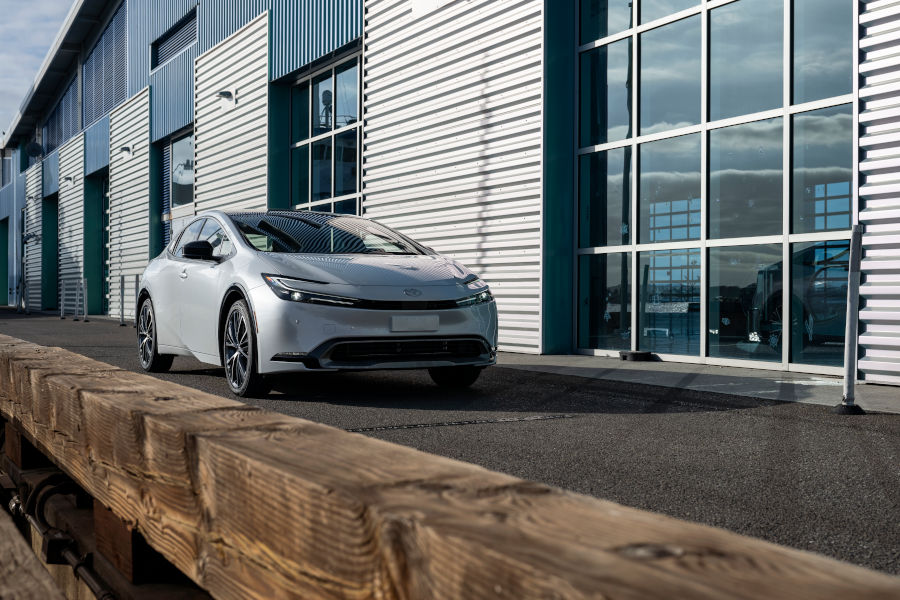“Is my car electric or gasoline? Yes.”
Interestingly, hybrid vehicle growth is outpacing that of purely electric vehicles.
In the U.S., hybrid sales increased by 2.8 percentage points, making up 8.3% of all car sales in 2023. That’s about 1.2 million hybrid vehicles sold.
Have people decided to save the planet one Prius at a time? Why are they opting for a middle ground between fully electric and traditional gasoline cars?
Perhaps the answer is psychological.
Comfort with Familiarity
Humans are inherently creatures of habit, often gravitating towards the familiar.
You can say that it’s this preference for familiarity that is playing a role in the huge appeal of hybrids. Why?
Hybrids provide a bridge between the known and the new.
For many drivers, the idea of transitioning entirely to an EV—with its distinct operational differences and new requirements, such as finding charging stations—can be daunting.
Perhaps hybrids offer a sense of continuity. Drivers can experience the benefits of electric power while maintaining the familiarity of a conventional engine – not wandering too much into the dark forest!
This blend of old and new helps reduce anxiety associated with drastic change. For example, starting a hybrid car involves familiar sounds and sensations, unlike the silent start of an EV, which can feel alien to some.
This familiarity provides psychological comfort, making the transition to electric power less intimidating and more appealing.
Control and Independence
The need for control and independence is another significant psychological factor influencing the preference for hybrids. Fully electric vehicles often require reliance on public charging infrastructure, which can be seen as a loss of control and independence.
The fear of being stranded without a nearby charging station—known as range anxiety—is a common concern among potential EV buyers.
Hybrids address this concern by offering dual power sources. The presence of a traditional engine alongside the electric battery provides a safety net.
It’s this duality that gives drivers a greater sense of control over their travel plans, reducing anxiety and enhancing their sense of independence.
Ford Motors and Stellantis are among the automakers already shifting their plans to sell more PHEVs instead of EVs. So, does it mean the future is hybrid?







